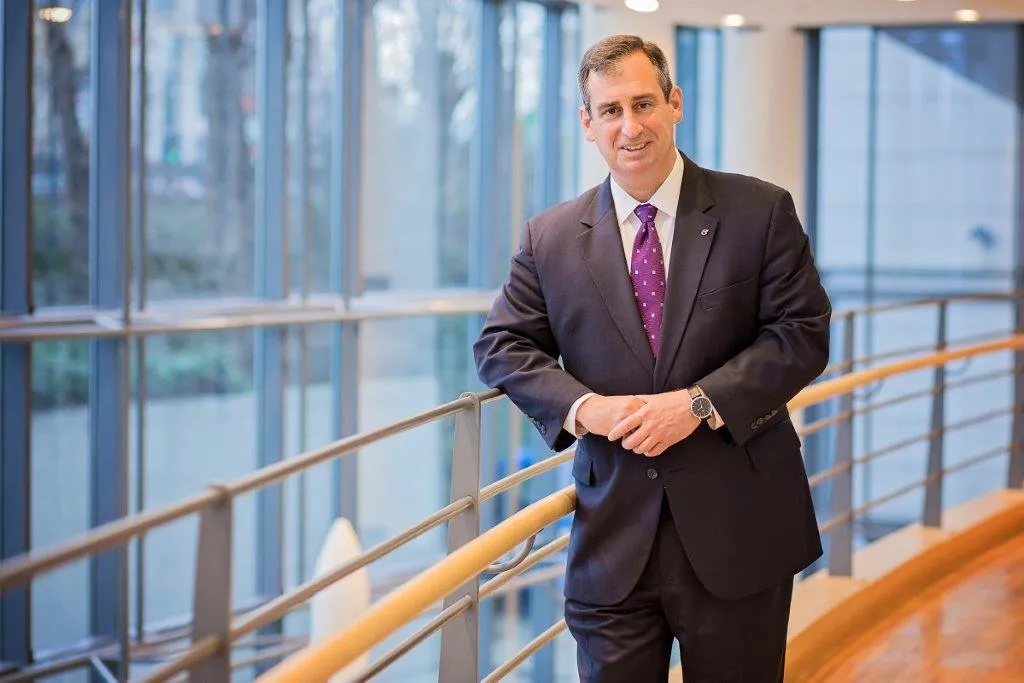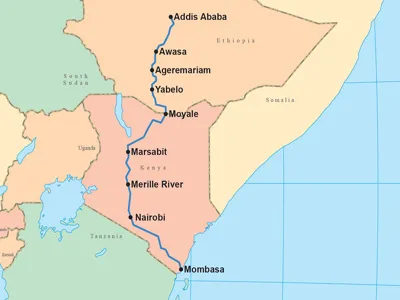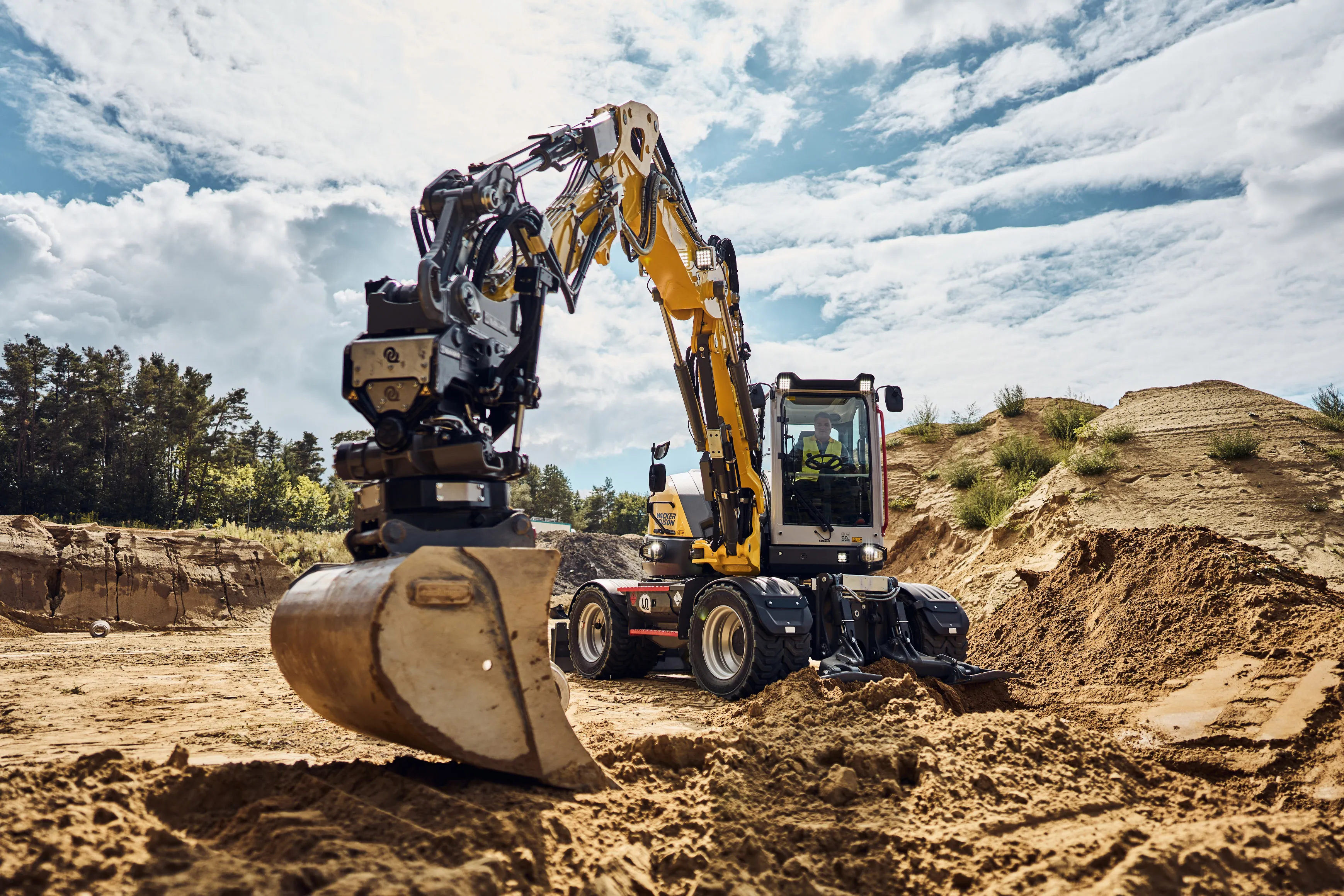A report published by HSBC suggests that global infrastructure-related trade growth will double worldwide economic expansion and will triple in size by 2030. The report also suggests that Brazil and Mexico will drive the rise in imports and exports of infrastructure-related goods in Latin America, according to Business News Americas. HSBC said that between 2013 and 2030, infrastructure-related trade looks set to grow at an average of 9%/year. It will also see a rise in its share of overall merchandise trade
October 11, 2013
Read time: 2 mins
A report published by 5791 HSBC suggests that global infrastructure-related trade growth will double worldwide economic expansion and will triple in size by 2030. The report also suggests that Brazil and Mexico will drive the rise in imports and exports of infrastructure-related goods in Latin America, according to Business News Americas. HSBC said that between 2013 and 2030, infrastructure-related trade looks set to grow at an average of 9%/year. It will also see a rise in its share of overall merchandise trade from 45% of total goods exports in 2013 to 54% by 2030, with the peak of its growth between 2016 and 2020. In the same 17-year period, global GDP is expected to grow at a rate of 4%. By 2020, India is expected to surpass the US as the biggest importer of goods for infrastructure, which consists of the materials needed for infrastructure projects. Meanwhile China will take the position as the largest buyer of investment equipment, the machinery required to boost production.
Emerging markets will have increasing trade with each other according to HSBC, with Brazil and Mexico will being the main drivers of these trends in Latin America. Brazil, Latin America's largest economy, is expected to increase imports and exports of infrastructures-related goods by a 9% annual average. In México, imports will grow close to 7%, while exports are expected to rise by 8%. Also, between 2013 and 2030, Brazil will jump in the rankings from 15th to 10th place in terms of its share of global exports of goods for infrastructure as it increases its role in world trade. However, more infrastructure investment needs to take place in Brazil in the next few years according to HSBC, although the Brazilian Government does have such plans in place.
In México, an ambitious US$304 billion investment plan in the highway, port, airport, rail and telecommunications sectors has been unveiled through 2018, more than doubling the amount spent during the previous administration.
Emerging markets will have increasing trade with each other according to HSBC, with Brazil and Mexico will being the main drivers of these trends in Latin America. Brazil, Latin America's largest economy, is expected to increase imports and exports of infrastructures-related goods by a 9% annual average. In México, imports will grow close to 7%, while exports are expected to rise by 8%. Also, between 2013 and 2030, Brazil will jump in the rankings from 15th to 10th place in terms of its share of global exports of goods for infrastructure as it increases its role in world trade. However, more infrastructure investment needs to take place in Brazil in the next few years according to HSBC, although the Brazilian Government does have such plans in place.
In México, an ambitious US$304 billion investment plan in the highway, port, airport, rail and telecommunications sectors has been unveiled through 2018, more than doubling the amount spent during the previous administration.








